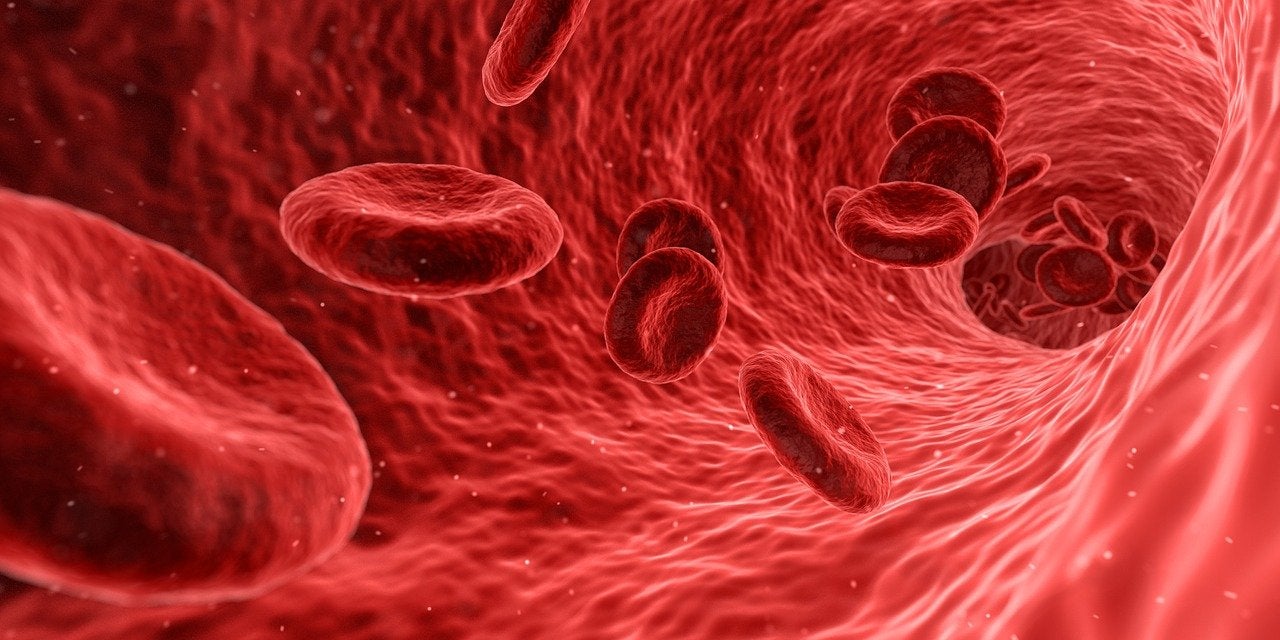
Antengene is set to begin the Phase I/II clinical trial of ATG-016 (eltanexor) monotherapy in patients with intermediate and higher risk myelodysplastic syndrome (MDS).
The latest development comes after the company received approval from the Chinese National Medical Products Administration (NMPA) to conduct the trial.

Discover B2B Marketing That Performs
Combine business intelligence and editorial excellence to reach engaged professionals across 36 leading media platforms.
This is in accordance with the Revised International Prognostic Scoring System (IPSS-R) after the hypomethylating agents (HMA) based therapy failed.
MDS is a heterogeneous group of clonal disorders of the bone marrow hematopoietic stem cells (HPSCs).
It is characterised by ineffective hematopoiesis with peripheral blood cytopenia and an increased risk for developing acute myeloid leukaemia (AML).
The single-arm, open-label clinical study will analyse the pharmacokinetics, safety and efficacy of ATG-016 monotherapy.

US Tariffs are shifting - will you react or anticipate?
Don’t let policy changes catch you off guard. Stay proactive with real-time data and expert analysis.
By GlobalDataAntengene founder, chairman and CEO Dr Jay Mei said: “The approval of the ATG-016 clinical trial demonstrates the efficient execution of the Antengene R&D team and is also the first clinical trial approval obtained by Antengene in mainland China after its listing.”
“As a second-generation orally available SINE compound, ATG-016 can reduce the blood-brain barrier penetration, thereby representing a broader therapeutic window with potentially less adverse events and better drug tolerability.”
The selective inhibitor of nuclear export (SINE) compound, ATG-016, has lower blood-brain barrier penetration and broader therapeutic window as compared to the first-generation SINE compound.
This permits more frequent dosing and a longer period of exposure at higher levels with better tolerability.
The company anticipates developing ATG-016 for cancers with high prevalence in the Asia-Pacific region (such as KRAS-mutant solid tumours) and virus infection-related malignancies (such as nasopharyngeal carcinoma).





